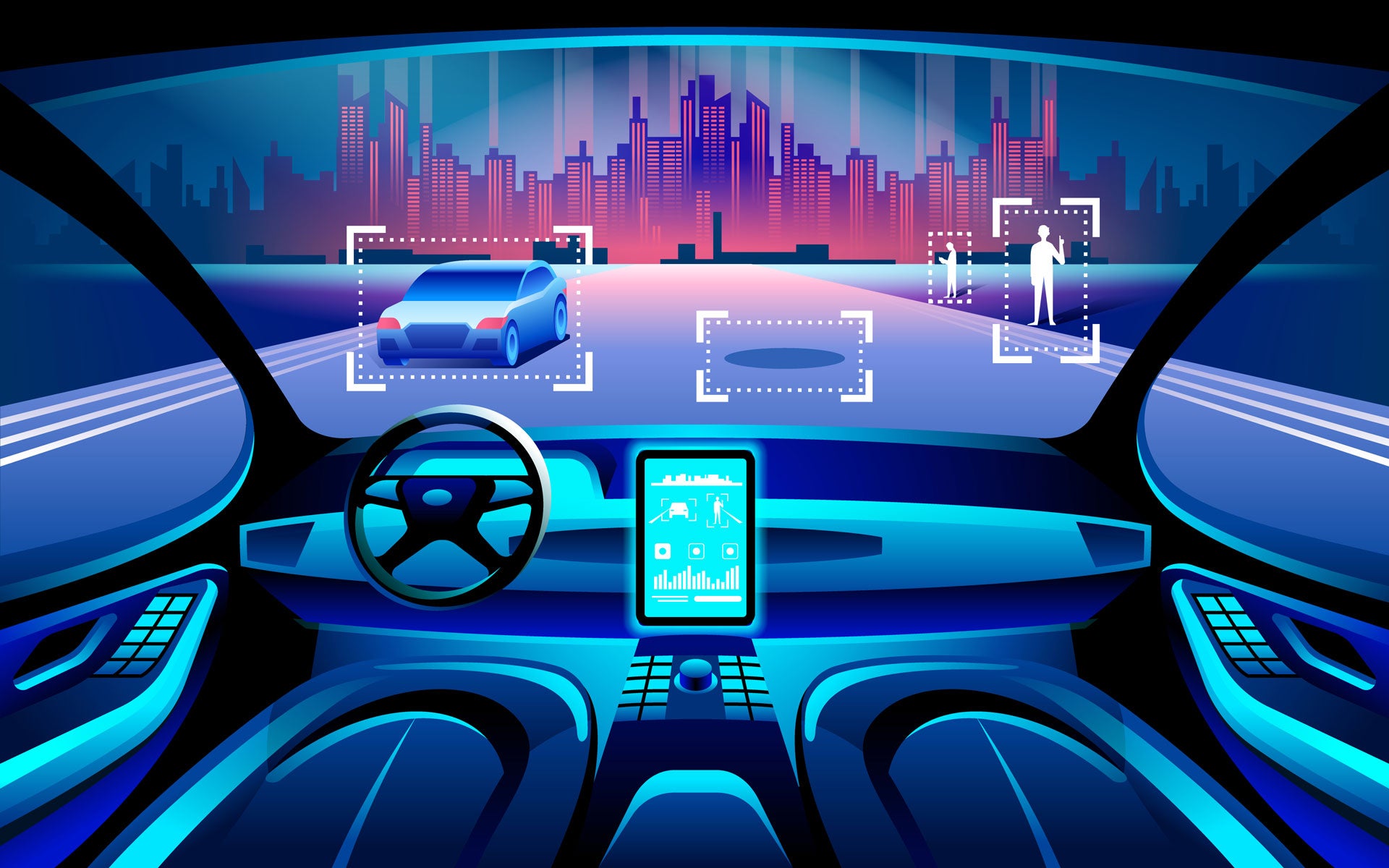
Driverless cars are on their way, and if Elon Musk is to be believed you could be hitching a ride in an autonomous taxi as early as next year. But there’s a problem that could stand in the way of the technology becoming widely used: humans.
While avoiding pedestrians has become relatively easy for many of the driverless cars in development, according to research by Warwick Business School and Jaguar Land Rover, interacting with human drivers remains a “decisive limiting factor” that could ultimately hamper their development.
This is because not only is the behaviour of human drivers immensely complex and changeable, but according to researchers, this aspect of driverless car development has not been fully addressed.
“Alan Turing famously challenged future generations to create a machine that would be indistinguishable from a person through the medium of written language,” explained Nick Chater, professor of behavioural science at Warwick Business School and co-author of the paper Negotiating the Traffic: Can Cognitive Science Help Make Autonomous Vehicles a Reality?
“The future of fully autonomous vehicles depends on science meeting a similar challenge – creating computer systems that drive in a way that blends seamlessly and safely with human drivers.”
Driverless cars and human behaviour: the limiting factor?
As a member of the UK Government’s Behavioural Insight Team advisory board – better known as the ‘Nudge Unit’ for its focus on subtly influencing public behaviour – Chater is an expert on human behaviour. And he is concerned that the day-to-day interactions that drivers experience are an under-researched area of driverless car development.

US Tariffs are shifting - will you react or anticipate?
Don’t let policy changes catch you off guard. Stay proactive with real-time data and expert analysis.
By GlobalData“Negotiating the traffic’ is not merely a figure of speech. It involves an actual process of tacit negotiation with other road users in a safety critical environment,” he said. “It is crucial that everyone reaches the same – or at least compatible – agreements to prevent a potential accident.”
While driverless cars have made what he described as “impressive progress” when it comes to sensing and responding to surroundings, the ability to sense and respond to behavioural cues in humans is quite another matter – and an area that lags far behind.
“Creating a machine that can replicate that process involves addressing fundamental questions at the frontiers of cognitive science. Human interactions are so effortless that we are unaware of the complex reasoning involved,” he said.
“The rate of progress on this challenge may prove a decisive limiting factor in the development of autonomous vehicles.”
Can AI help?
While the issue of human behaviour and driverless cars remains a significant challenge for the industry, the solution may lie in artificial intelligence (AI).
One company working on the problem is startup Perceptive Automata.
The goal of the company is to develop human behaviour prediction software for vehicles and other machines, by building deep learning models on behavioural science techniques.
This is designed to enable driverless cars to determine and appropriately respond to subtle behavioural cues from human drivers and cyclists, allowing them to move safely on public roads.
The company’s approach is attracting serious interest: at the end of last year it raised $16m in Series A funding, with Toyota AI Ventures and Hyundai Motor Company among its investors.
“Without the ability to understand and interact with humans on the road, autonomous vehicles cannot be safely deployed at any meaningful scale,” said Jim Adler, founder managing director of Toyota AI Ventures, when the investment was announced.
“That technology is essential for the broad adoption of self-driving cars and we’re excited to back the team at Perceptive Automata.”
The issue of driverless cars and human behaviour remains for now, but technology may yet provide an answer.
Read more: “Brexit roadblock” threatens UK self-driving car industry






